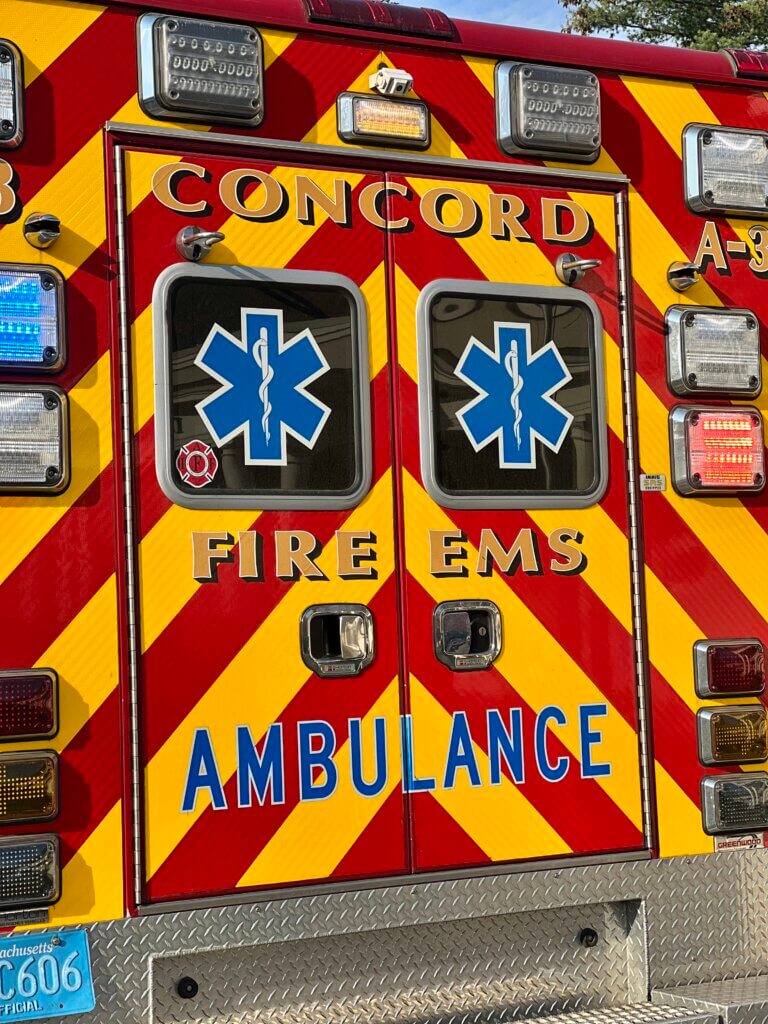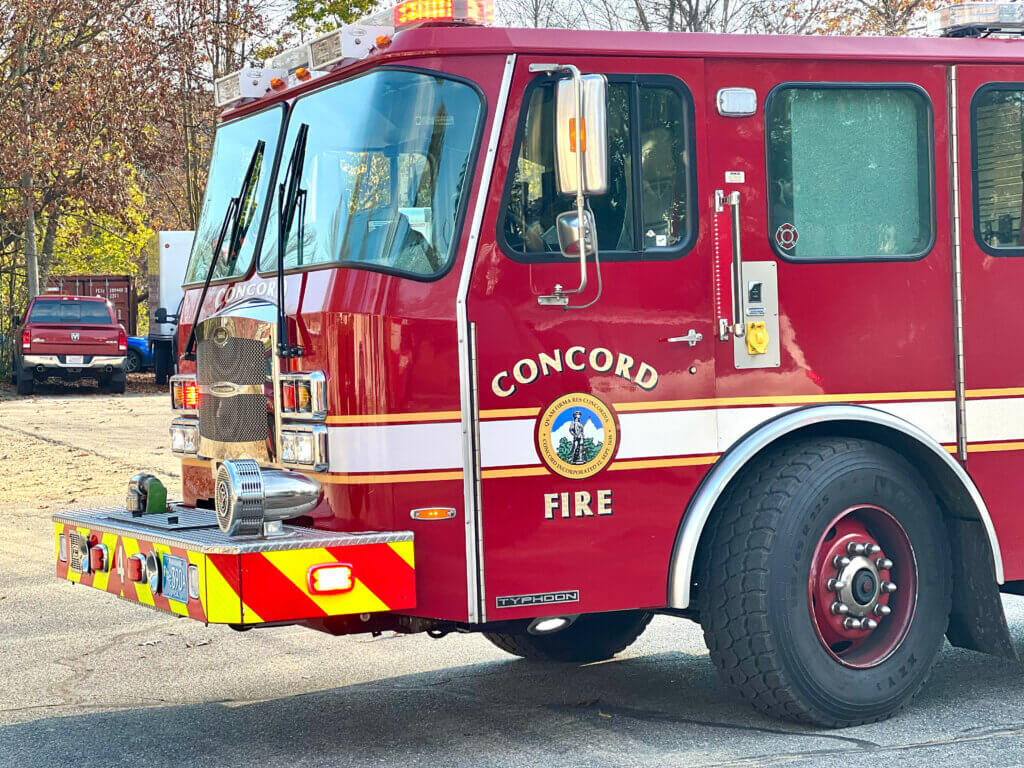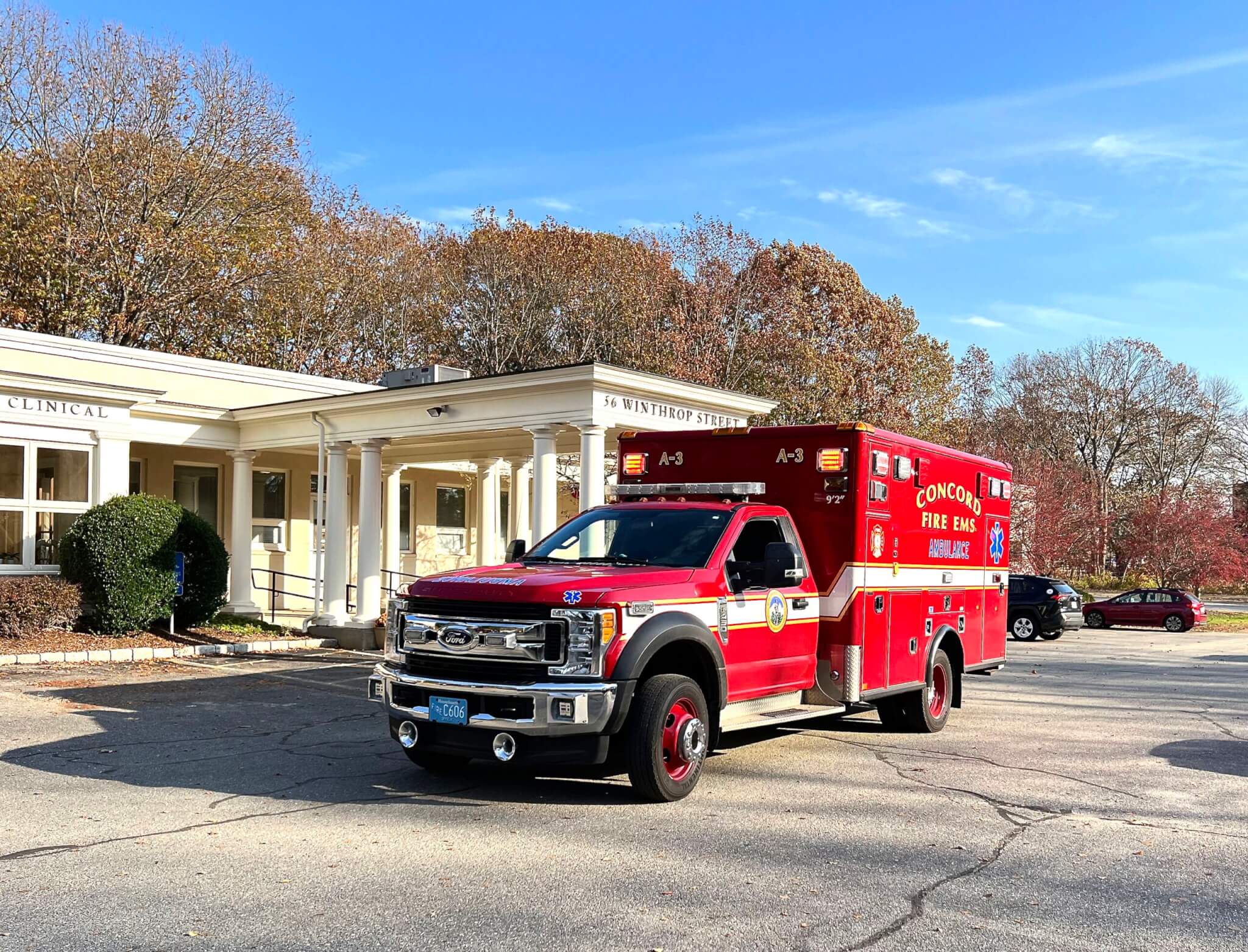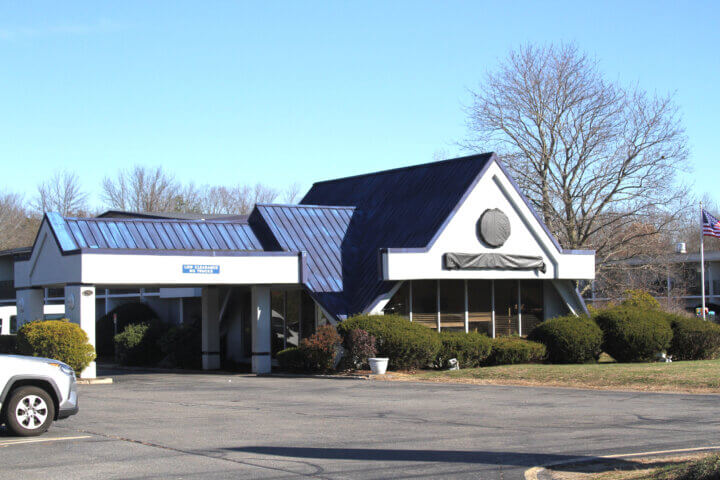By Celeste Katz Marston — Celeste@theconcordbridge.org
A nearly million-dollar federal grant will allow Concord ambulances to upgrade to providing advanced life support as soon as next year— a service for which the town now turns to an outside firm.
Town Manager Kerry Lafleur told the Select Board Monday night that the Federal Emergency Management Agency’s Assistance to Firefighters grant of nearly $950,000 “will help us with our transition to paramedic-level service.”
Currently, Concord runs “a basic life support-level ambulance, and we contract for the ALS service with a third party,” she said.
Members of the Central Middlesex Emergency Response Association get paramedic service from Pro EMS in affiliation with Emerson Hospital, but CMERA membership is dwindling and “we’re concerned about the long-term viability of that service,” Lafleur explained.
Given these worries, Concord began to look at moving to advanced life support, but “there were a lot of startup and transition costs, and we weren’t quite sure how to manage that with the budget constraints,” she said.
“The Fire Department applied for this grant. They were successful. I won’t say that this grant will cover a hundred percent of the transition costs, but it’s pretty darn close. It’s 90 percent or so.”

Fire Chief Thomas Judge said in a written statement that the FEMA funding would “enhance our ability to protect our community.” Assistant Chief Brian Whitney said the grant was written to train up to 14 current Concord first responders.
“That’ll give us a complement to spread out paramedics throughout both stations and all four shifts so we can have an adequate number [to] run both ambulances [at] the paramedic level,” Whitney said Tuesday.
The department currently has 32 firefighters and 48 uniform positions overall.
In an earlier detailed sit-down with The Concord Bridge, Judge and Whitney spoke of the limitations of basic life support.
“We can’t start IVs… We don’t provide or have the ability to do an [electrocardiogram, and] we don’t have the ability to intubate people,” Judge said.
With advanced life support capabilities, he said, “if we go to your home for a medical emergency [and have] paramedics on board, [we] are beginning ALS intervention. We are not at the scene waiting another three, four minutes for ALS to arrive.”
Meanwhile, “we continue to have a lot of growth in town. We see our call volume rising,” Judge said. “We also have more and more occasions when our third-party provider [of] ALS is not available because they’re serving other communities.”
In those cases, he and Whitney said, Concord may call on the ALS services of a neighbor, such as Acton, Bedford, or Sudbury.
According to figures Whitney provided to The Bridge, in 2014, Concord Fire logged 1,768 EMS responses, with 1,390 resulting in patient transports to a hospital.
By 2019, the department was up to 1,898 responses and 1,563 hospital transports. And in 2023, CFD provided 2,423 EMS responses with 1,845 transports.
“Honestly, in the mid-eighties, if ALS went away, most people would’ve just not even known the difference,” Judge said. “But today, it is the minimum expectation.”

Besides all that, the chiefs said providing ALS is a matter of retaining staff.
In recent years, “We’ve lost five people that would still work here if we were ALS. [They] were medics and they wanted to go work someplace where they could practice their skill,” Judge said.
He hastened to say “it’s not like it’s a revolving door here, but more and more people coming into the fire service have that level of training and they want to use it.”
Whitney said Concord would not have to purchase new ambulances to provide ALS, but might need some retrofitting, new equipment such as defibrillators, and medications.
In response to questions Monday from Select Board member Cameron McKennitt, Lafleur said her office is ready to present a fuller breakdown of Concord’s need for ALS services and the associated costs if the Select Board wants it — and members said they did.
“We believe that the higher ambulance rates will more than offset the cost of this program once you get past the startup,” Lafleur said.
“This is a long-term project. We would be looking at implementation no sooner than spring of 2026.”






